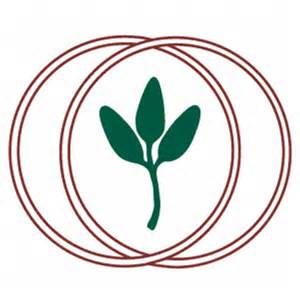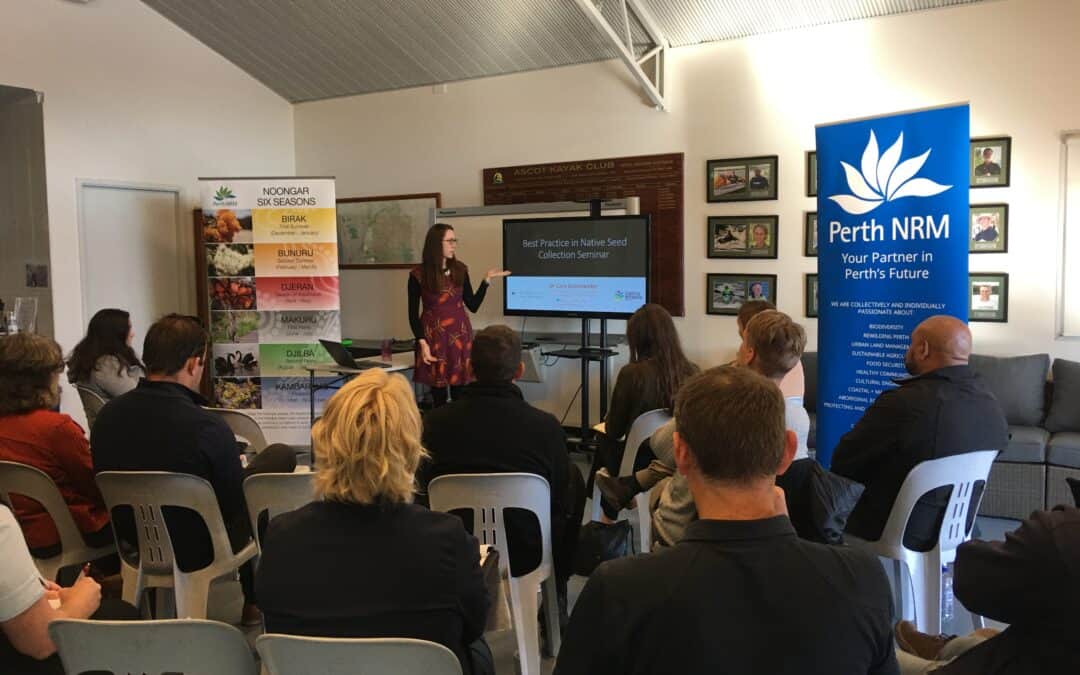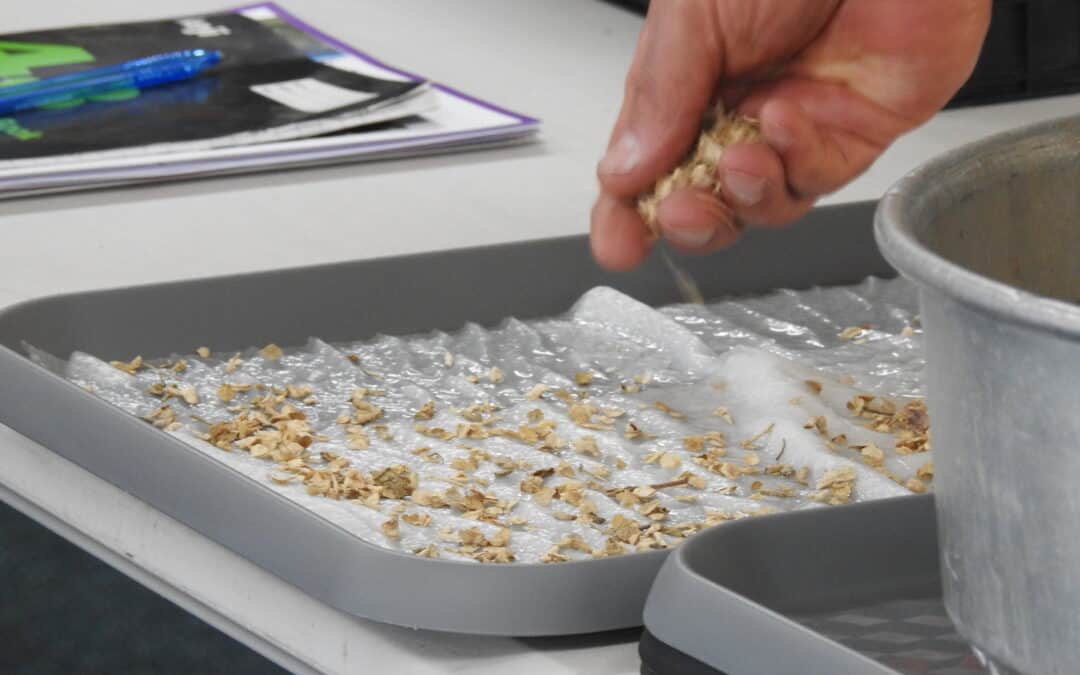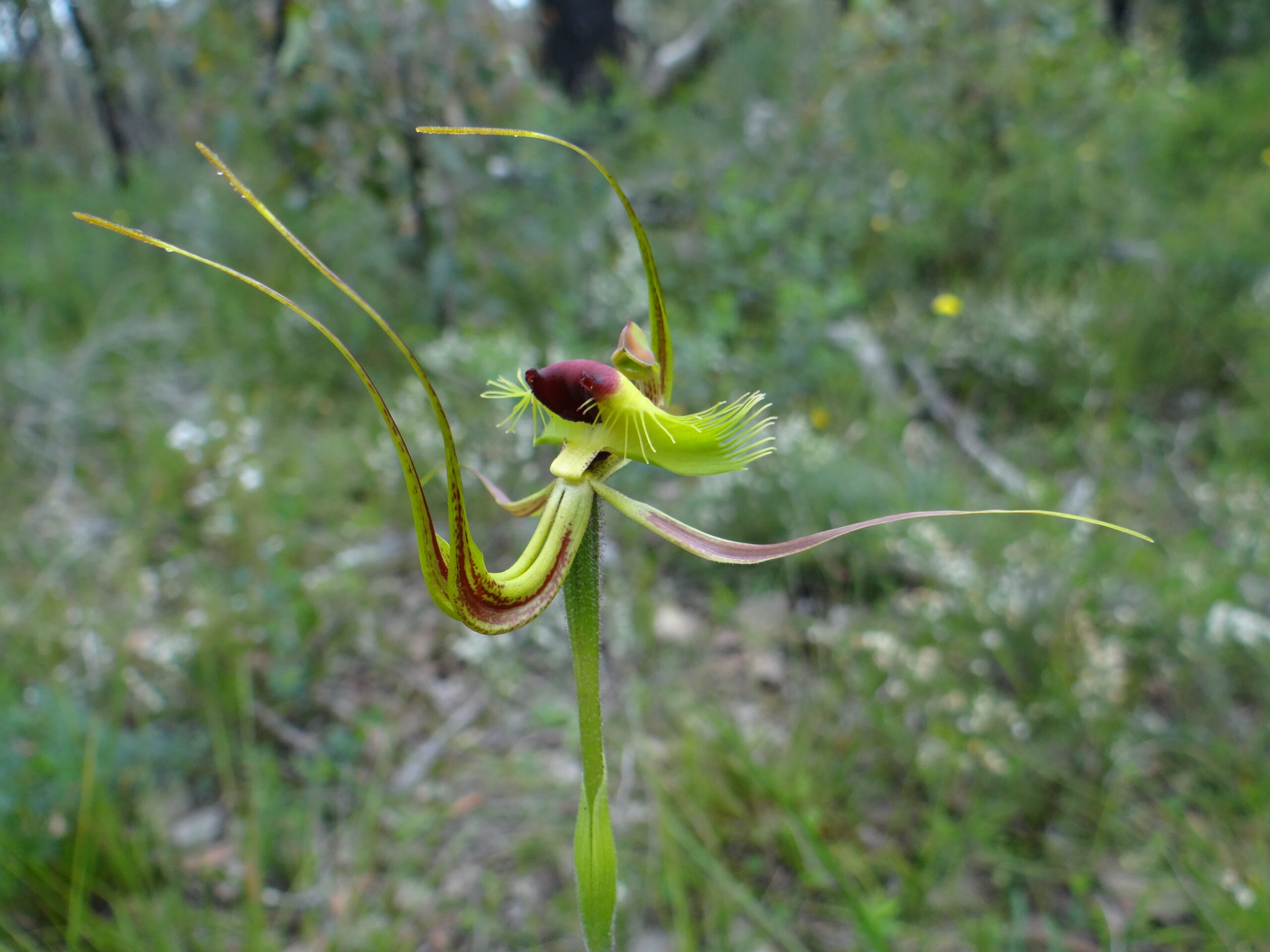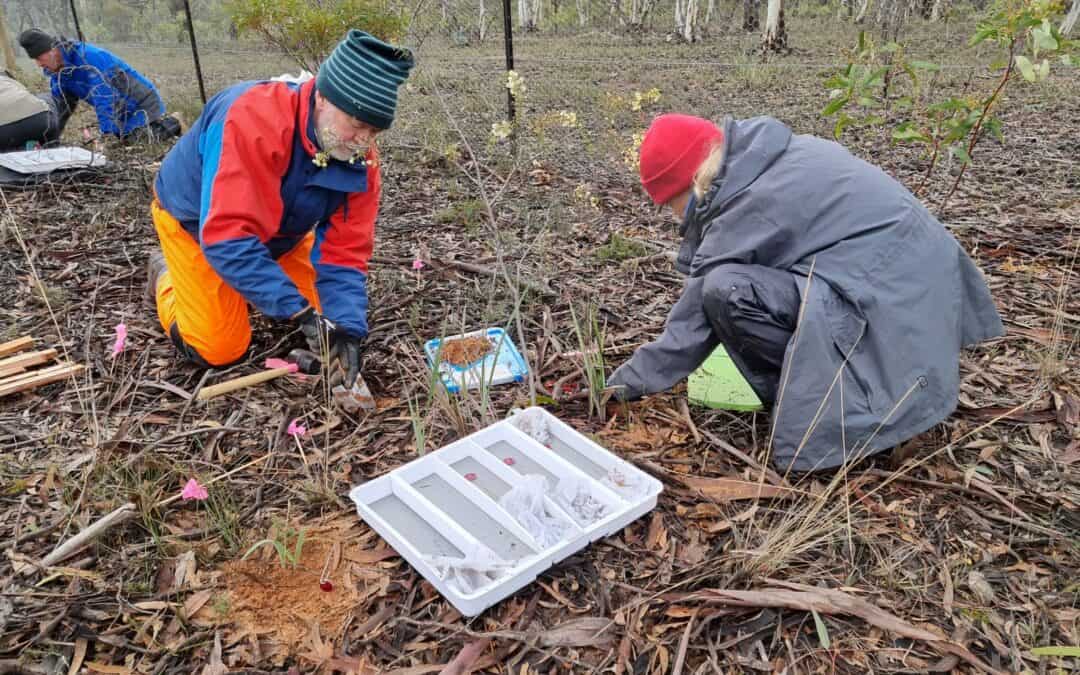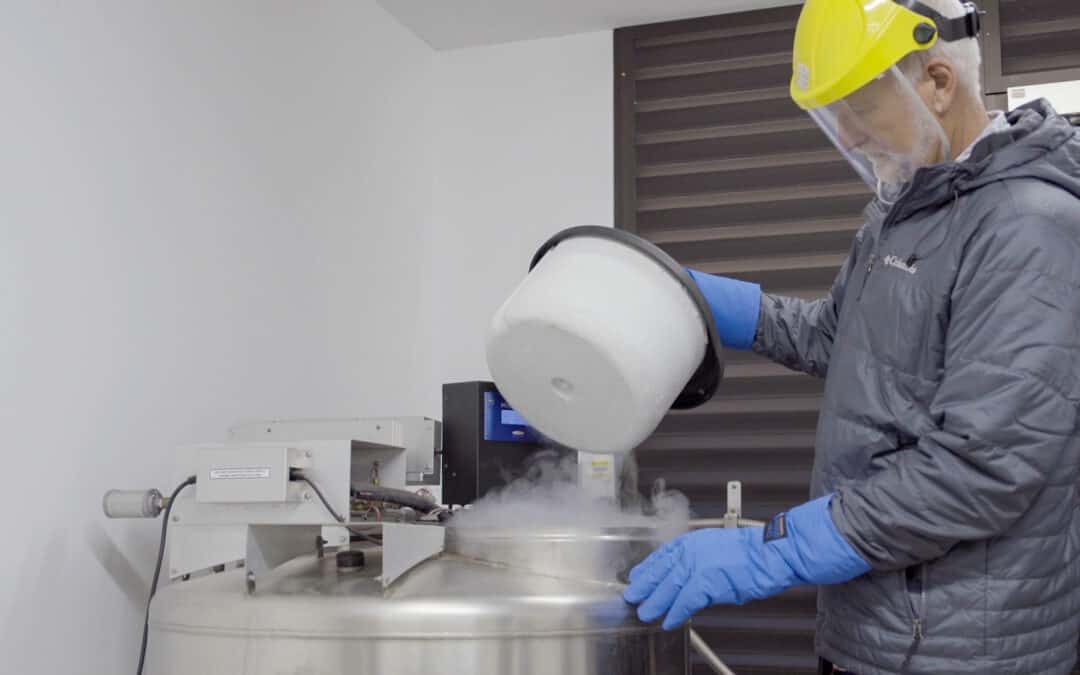
Exceptional Times, Exceptional Plants – Thursday 9th September 2021
We’d like to invite everyone to the Australian Academy of Science Fenner Conference on the Environment: Exceptional times, exceptional plants.
What’s happening?
This one day workshop provides an opportunity for scientists and organisations to better understand which Australasian plant species need alternatives to seed banking and what ex situ conservation options are available (including living collections, cryopreservation and tissue culture). These methods for conserving plant germplasm can help facilitate species recovery and protect species from extinction. The conference will include presentations and a panel session, provide an opportunity to strengthen partnerships and the chance to interact with experts online.
The Fenner Conference is an ideal introduction to key chapters of the new third edition of ‘Plant Germplasm Conservation in Australia – strategies and guidelines for developing, managing and utilising ex situ collections’ (also known as the Germplasm Guidelines), which will be launched earlier in the week. Significant advances to identify and conserve ‘exceptional plants’ ex situ have been made since the guidelines were last published. Knowledge-sharing will support plant conservation in this critical time. Sharing our knowledge can help prevent plant extinctions by better understanding species biology as well as providing plants and knowledge to support translocation and ecological restoration.
Register now!
‘Exceptional times, exceptional plants’ will be held online on Thursday 9th September. This event is free to join, even if you are not attending the Australasian Seed Science Conference. You can register now at
https://seedscience2021.com.au/fenner-conference/.
After the conference
We will also be holding a writing day, by invitation, to summarise outcomes and recommendations for exceptional species conservation in Australia and New Zealand and conclude the Australian Academy of Science Fenner Conference on the Environment in 2022, more details to come.
This workshop is funded by a grant from the Australian Academy of Science Fenner Conference on the Environment.
Feature image by Michael Lawrence-Taylor
